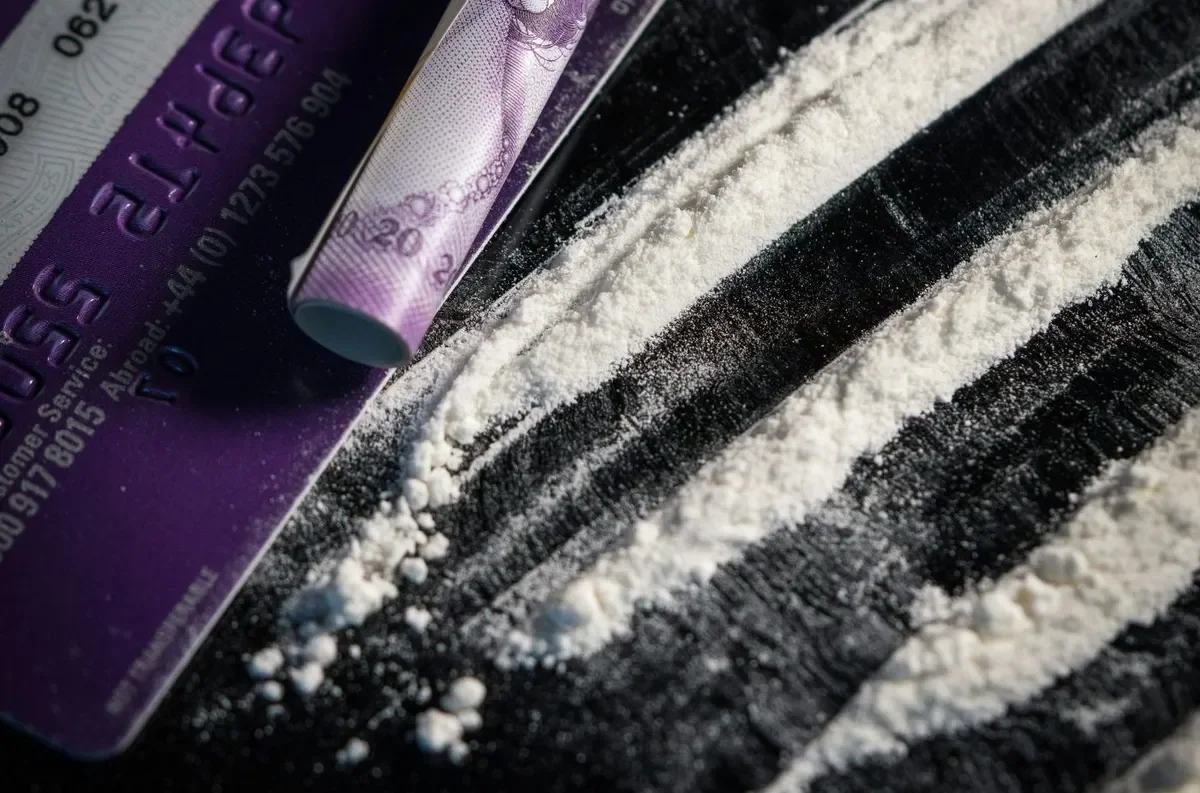
New Synthetic Drugs in the Czech Republic: Two Deaths Already
The first laboratory producing synthetic drugs in the Czech Republic was discovered in the Ostrava area
Foto: Colin Davis | Unsplash
Reports of new synthetic drugs in the Czech Republic are increasing, leading to a rise in overdoses and fatalities. Authorities are closely monitoring the situation and have issued urgent warnings about the dangers of these highly toxic substances.
Cases of suspected overdoses involving new synthetic drugs are once again emerging in the Czech Republic. Authorities are currently investigating these incidents. These substances are produced in laboratories, are highly toxic, and can be fatal even in the smallest quantities. Police have recorded two fatalities so far. The substances, first identified in the Czech Republic at the end of April, are known as Nitazene and Spirochlorphine.
“You should never experiment with this type of addictive substance. Synthetic opioids can be fatal with a single dose — even in the smallest quantities,” warns Jakub Frydrych, head of the National Drug Centre, in an interview with the news channel ČT24. The National Drug Centre already issued a warning about these substances at the beginning of May.
The first laboratory producing synthetic drugs in the Czech Republic was discovered in the Ostrava region, where the psychoactive drug clephedrone was being manufactured. Due to the extremely toxic environment, officers had to wear oxygen masks during the raid.
These drugs are most commonly sold in tablet form. “If you consume several of them, you massively overload your body, which can lead to respiratory arrest and death,” Frydrych explained in earlier statements.
However, the two known deaths in the Czech Republic to date are linked to other synthetic opioids containing nitazene among other substances. The users ordered the drugs online. “It can be a tablet, a liquid, or a powder,” says Frydrych.
These synthetic drugs are often sold online under false pretences — for example, labelled as “intended for scientific purposes.” Such advertisements are closely scrutinised by the police. Sellers can also be prosecuted if they offer substances not yet on the list of banned drugs.



